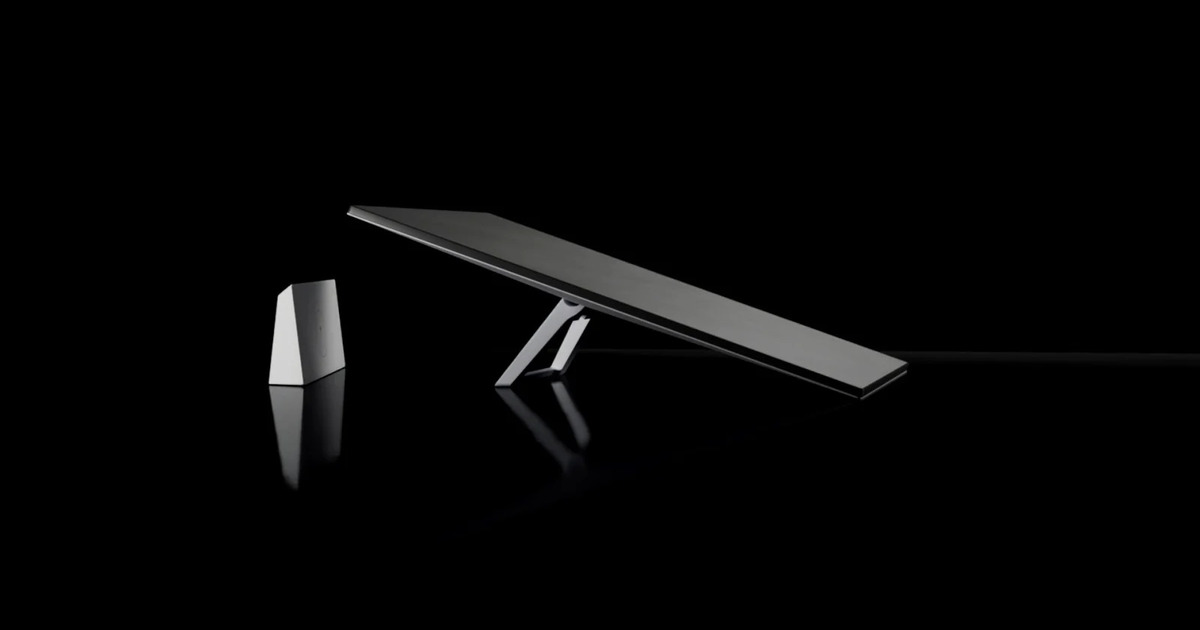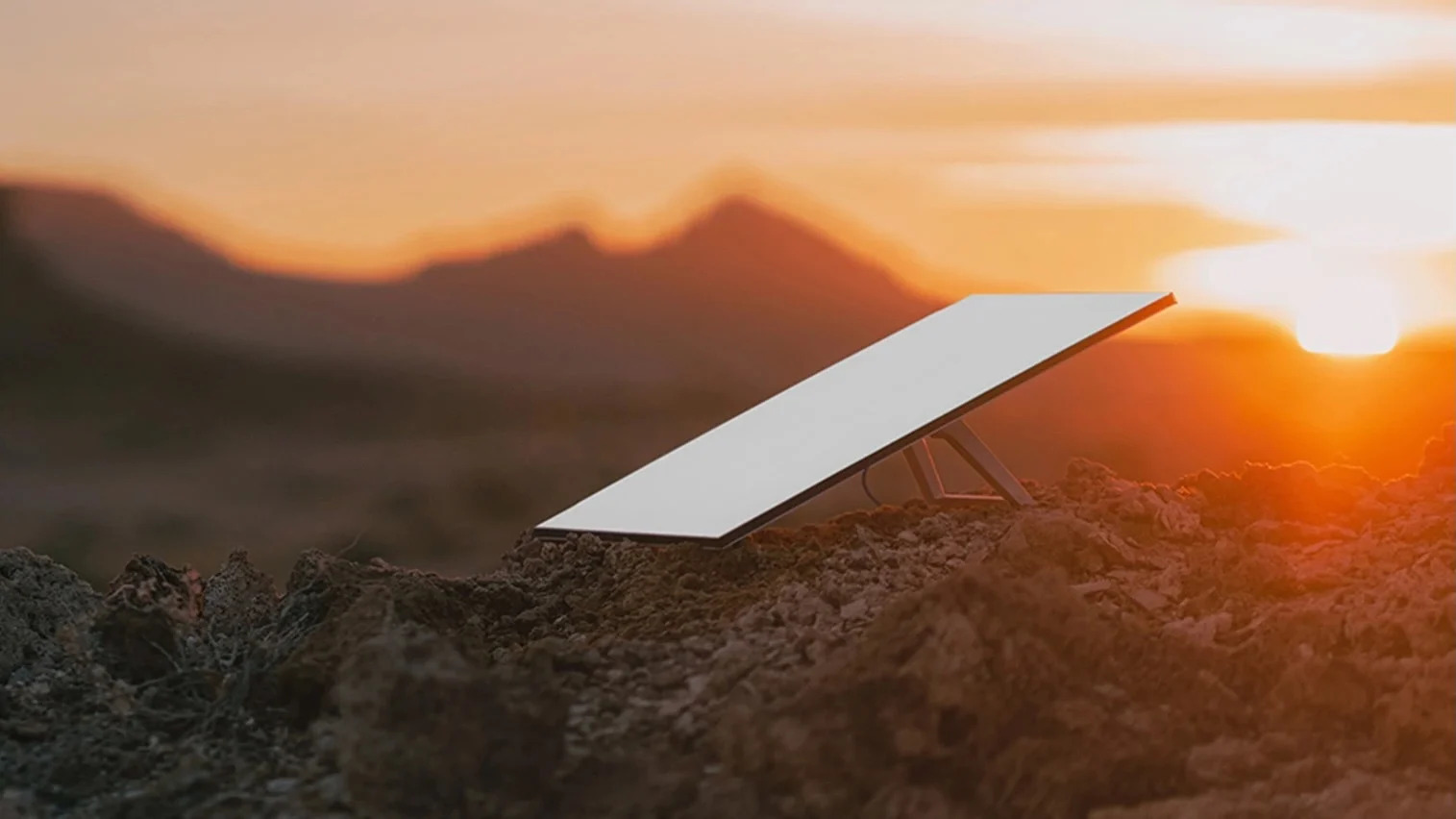SpaceX receives FCC licence to use new Starlink dishes on aircraft, ships and cars

The Federal Communications Commission (FCC) has authorised SpaceX to use Starlink's new V4 antenna and future mini antenna model on moving vehicles, including cars, ships and aircraft.
Here's What We Know
After several months of waiting, SpaceX received this licence. Earlier in September, the FCC allowed the operation of next-generation antennas, but only for fixed positions.
Last week, the US regulator expanded SpaceX's powers by allowing the use of new antennas on board moving vehicles.
This decision was opposed by Dish Network, which called on the FCC to deny SpaceX a licence to use antennas "in motion", citing possible radio interference. However, SpaceX argued that Dish was trying to block its successful competitor, after the FCC approved SpaceX's first licence to use Starlink antennas on moving vehicles in 2022.
With the new licence, SpaceX can expand sales of Starlink equipment in the US for a variety of use cases. The V4 antenna has already replaced the old antenna for home users.

According to the company's CEO Elon Musk, the Starlink mini-plate is scheduled for release later this year.
The mini-plate is designed to be a portable way to access the satellite Internet, regardless of location.
SpaceX has already signed agreements to install Starlink equipment on commercial aircraft and cruise ships. Last week, the company announced the installation of Starlink on more than 200 cruise ships around the world.
For vehicles, such as vans, SpaceX offers the use of Starlink on the move, but this requires a flat, high-performance antenna. Without it, mobile data use while driving is limited to speeds of less than 10 miles per hour.
Source: PCMag